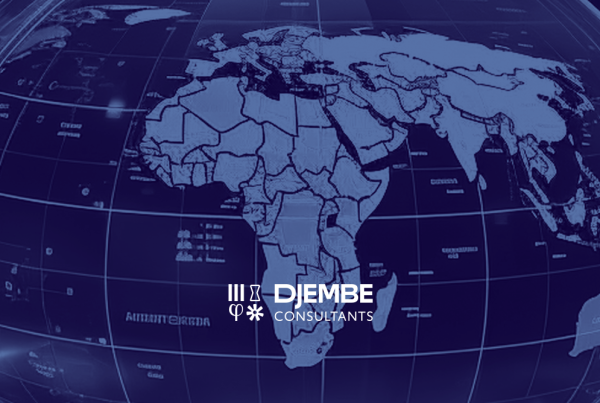Investors, analysts and geeks love fintech for the incredible technical and business potential of innovations like blockchain and AI – but for the billions of unbanked people in developing nations fintech is a path to prosperity. It represents tectonic change – a seismic enabler of financial inclusion that is boosting SME growth and the ability of marginalised communities to take control of their financial lives.
Yes – fintech is about extraordinary innovation and endeavour – but it’s really about the democratisation of financial services. The potential to enhance prosperity for the unbanked.
It is perhaps unsurprising therefore that in the emerging and developing economies of the MENA region, there are so many fintech services and solutions that are specifically geared towards financial inclusion. African companies like M-Pesa have been doing this for years by providing financial services (deposits, sending money, paying bills) through basic mobile phone handsets. It’s worth noting that of the 17 sustainable development goals (SDG’s), seven pertain to financial inclusion. And, right across the continent, high-performing start-ups are specifically delivering on the issue of financial inclusion.
Fintech start-ups making a splash include Farmdrive, which is headquartered in Kenya. It provides an alternative credit risk assessment model, enabling financial institutions with agriculturally relevant and data-driven models to assess risk and develop loans that fit the needs of smallholder farmers. Also in Kenya is Branch. It provides a new way to access credit over a smartphone. The loan amount is delivered directly to their mobile money account. On the west coast in Nigeria are Yoco – mobile POS for merchants – and Lidya, which is an online lending platform providing capital to alternative lenders against their loan book receivables.
The African fintech start-up scene has also become increasingly sophisticated, providing platforms for traders and investors, FX trading and digital insurance. Here are a few examples:
- Pineapple, a digital insurer, aims to decrease costs, cap profits and deter fraud to create more value from an insurance policy than the traditional model
- Akiba allows you to track your savings goal, keep focused and get rewards for saving
- Franc is South Africa’s cheapest way to invest. It allows stokvel members (a South African investment society) to invest in money market and exchange-traded funds (ETFs) for free
- Prospa is a savings platform for South Africans earning between R2 000 and R8 000 a month
- Nisa Finance is an invoice financing platform that enables financiers to issue invoice-backed loans to small businesses quickly and affordably
- InvoiceWorx is an inventory financing platform that gives small retailers access to lines of credit from suppliers
And, Africa’s fintech scene is becoming enriched by innovations from further afield. In 2018, the African investment company Helios Investment Partners (a self-proclaimed ‘dragon’) bought a 76% stake in the MENA mobile payment platform Tpay from its original backers, A15. The leading MENA tech investor said the sale returned, “…a multiple of the value of the entire A15 fund.”
What is remarkable about the fintech ecosystem in Africa is how grassroots it is. You might want to call it impact investment – but it’s the entrepreneurs themselves overcoming challenges: creating tools, investing their own capital (intellectual and fiscal) and building impactful fintech platforms that are specific to their communities. Some are simple, others less so – but the common thread is African innovators creating African solutions to African challenges. That’s exactly how it should be. It’s exciting – but it’s also an economic imperative.
—
George Stothard
Head of Content



